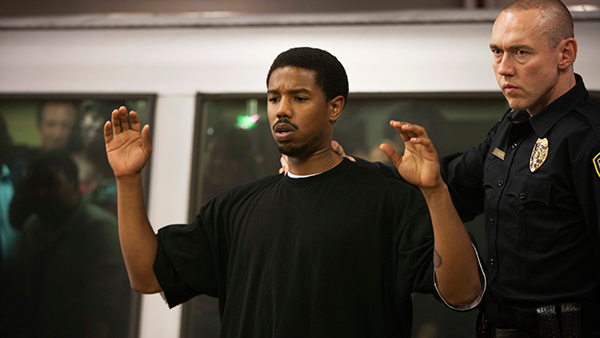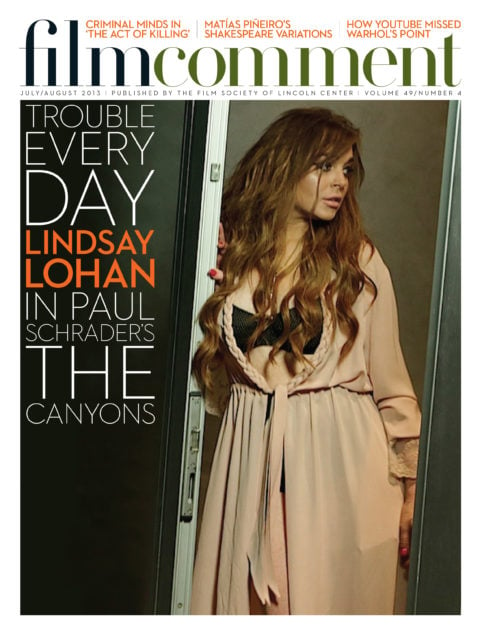
Ryan Coogler’s award-winning debut feature aptly dramatizes the 2009 killing of the unarmed Oscar Grant in Oakland by a transit cop early on New Year’s Day. The film has been seen by some as winding audiences up with its shocking tale of a young father’s senseless death. But the knockout punch comes not just from the pay-off but from a dramatically adroit build-up, a strong sense of social milieu, and the emotional range of lead actor Michael B. Jordan.
Coogler, who wrote the screenplay, carefully situates Grant within a rich network of connections, from his girlfriend and (over-cute) daughter to his mother, grandmother, and sister to his buddies (and illicit business acquaintances). As Grant tries to move past a history of drug-dealing and wrest back the supermarket job he’s lost, Coogler and Jordan are at pains to show the devil and the angel that are perched on each of Grant’s shoulders.
The ordinary day that precedes the film’s chaotic climax—in which Grant is shot in the back following a subway altercation and subsequent round-up—present a somewhat idealized portrait of relations across class and race lines. But Coogler’s handling of emotional material that is rarely portrayed well is persuasive, from the tensions between once-wayward Grant and his girlfriend (Melonie Diaz), to spontaneous New Year’s celebrations between passengers on a BART train. The actual events already serve as a parable of race in America, but Coogler’s dramatization does them justice.








